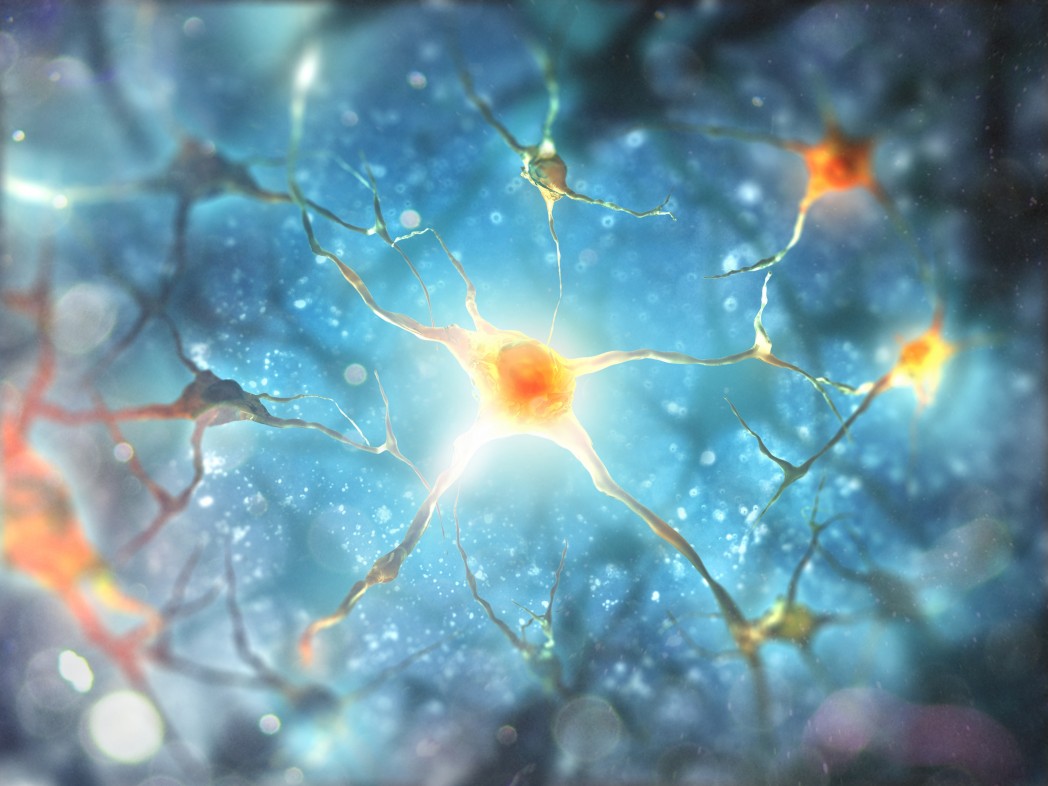Research Points to Neurodegenerative Consequences, Such as ALS, of Toxoplasma Gondii Infection

Researchers at the University of California-Riverside have shown, for the first time, that infection from the common parasite Toxoplasma gondii disrupts neurotransmitter glutamate function in the brain, potentially leading to neuronal death and neurodegenerative diseases, such as amyotrophic lateral sclerosis (ALS), in individuals predisposed to such conditions.
The research paper, “GLT-1-Dependent Disruption of CNS Glutamate Homeostasis and Neuronal Function by the Protozoan Parasite Toxoplasma gondii,” was published in PLOS Pathogens.
Toxoplasma gondii (T. gondii), a parasite that can cause the disease known as toxoplasmosis, is estimated to affect a third of the world’s population and lead to chronic infection in the host’s brain, along with flu-like symptoms. The consequences of such infection are, however, poorly understood.
In this study, researchers demonstrated, for the first time, how this parasite affects neurons and, namely, glutamate production. Glutamate is an excitatory neurotransmitter released by nerve cells, aiding the communication between neurons. The removal of excess glutamate in the space between neurons, a process regulated by nerve cells in the central nervous system called astrocytes through the glutamate transporter (GLT-1), is essential for the normal functioning and survival of neurons.
“When a neuron fires, it releases glutamate into the space between itself and a nearby neuron,” explained lead author Dr. Emma Wilson, associate professor in the Division of Biomedical Sciences at UC-Riverside School of Medicine. “The nearby neuron detects this glutamate, which triggers a firing of the neuron. If the glutamate isn’t cleared by GLT-1 then the neurons can’t fire properly the next time and they start to die.”
Moreover, excess glutamate has been found in individuals with traumatic brain injury (TBI) and people with certain neurodegenerative diseases, such as multiple sclerosis (MS) and amyotrophic lateral sclerosis (ALS).
Here, researchers found that mice infected with T. gondii had an increase in glutamate levels and their astrocytes had abnormal behavior. Importantly, the infection led to the impaired expression of GLT-1, which caused accumulation of glutamate and misfiring of neurons. These events can result in neuronal death and neurodegenerative disease.
Finally, researchers found that up-regulating GLT-1 expression through the antibiotic ceftriaxone led to the restoration of glutamate concentrations and neuronal function. “These results suggest that in contrast to assuming chronic Toxoplasma infection as quiescent and benign, we should be aware of the potential risk to normal neurological pathways and changes in brain chemistry,” Wilson concluded.
The researchers plan to further investigate the causes of reduced GLT-1 expression following infection with the parasite.






